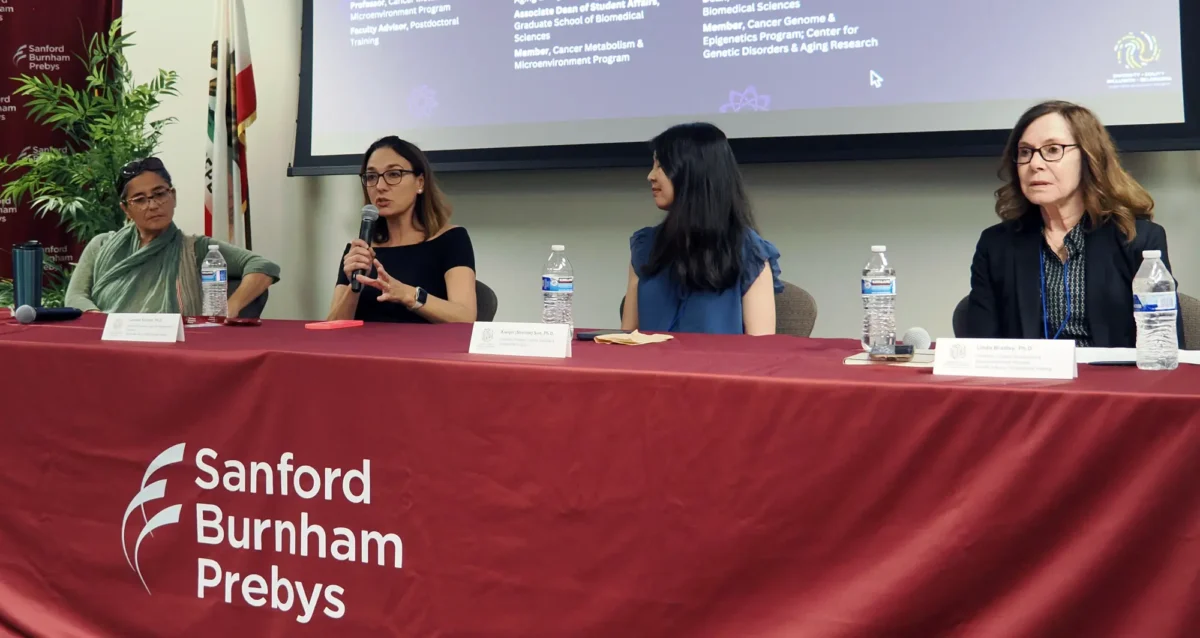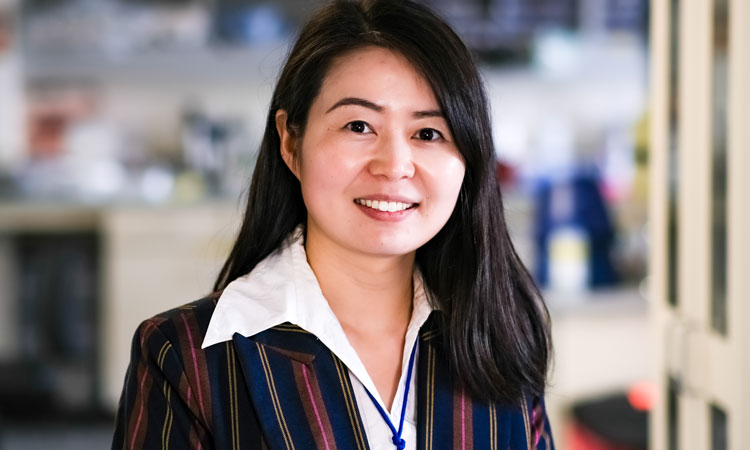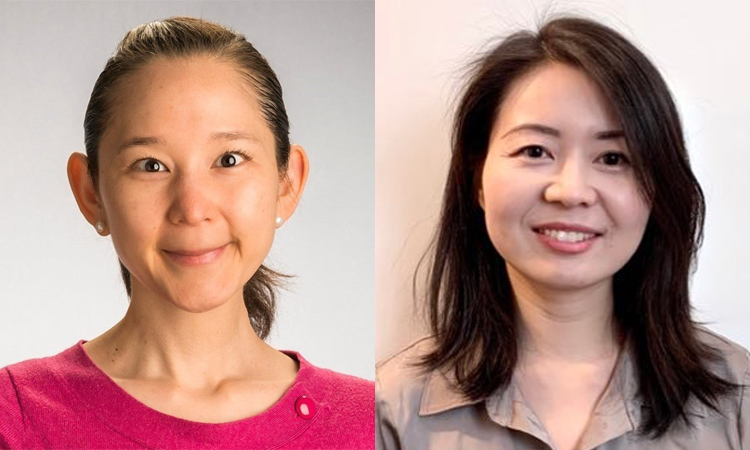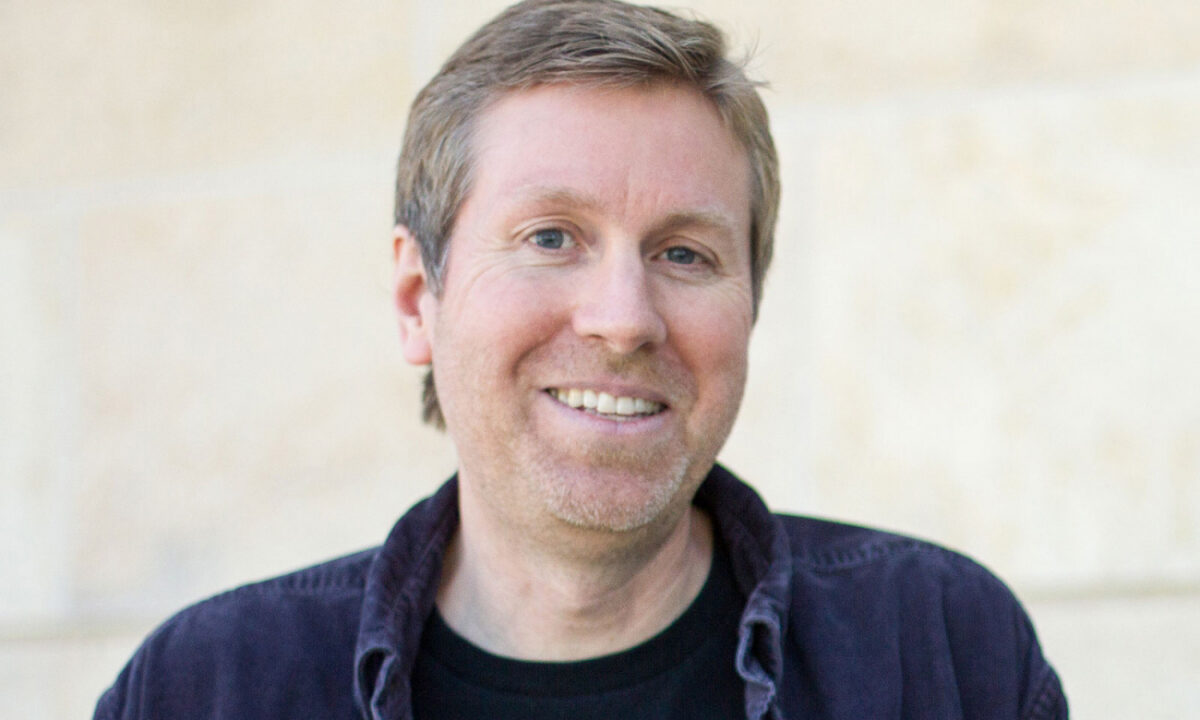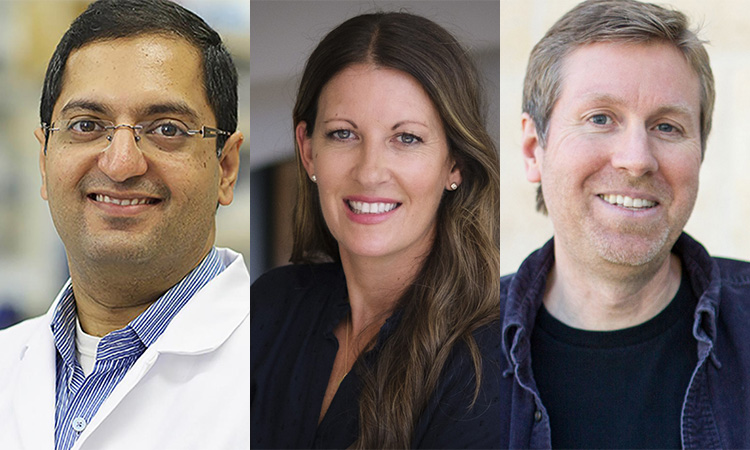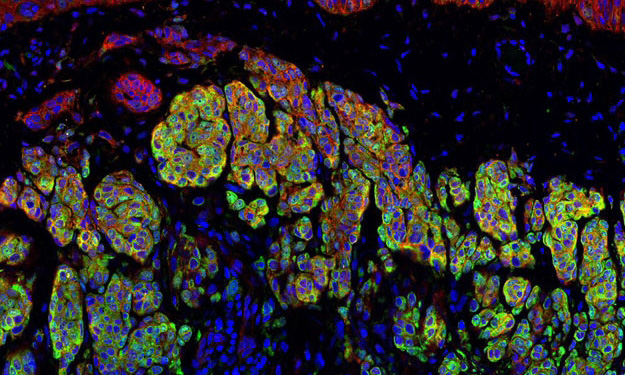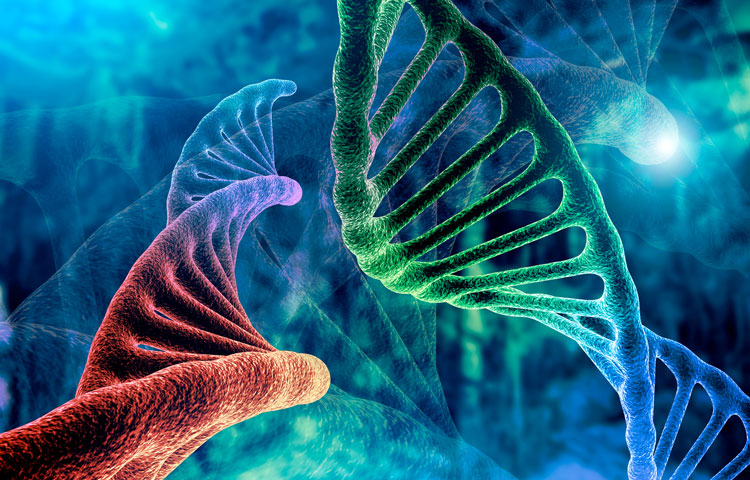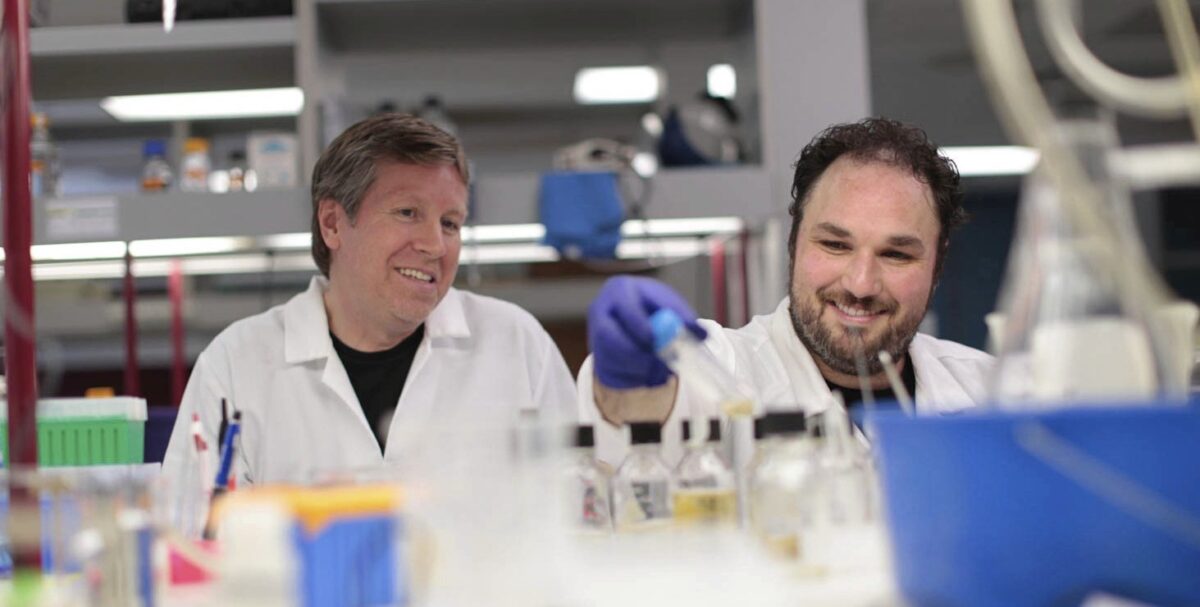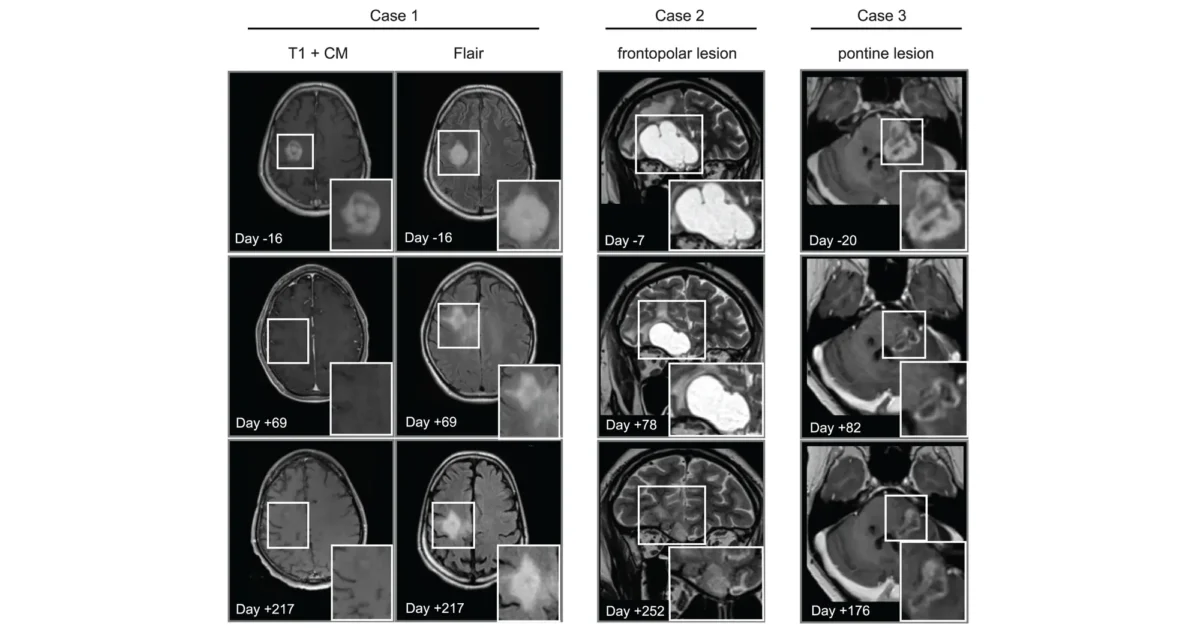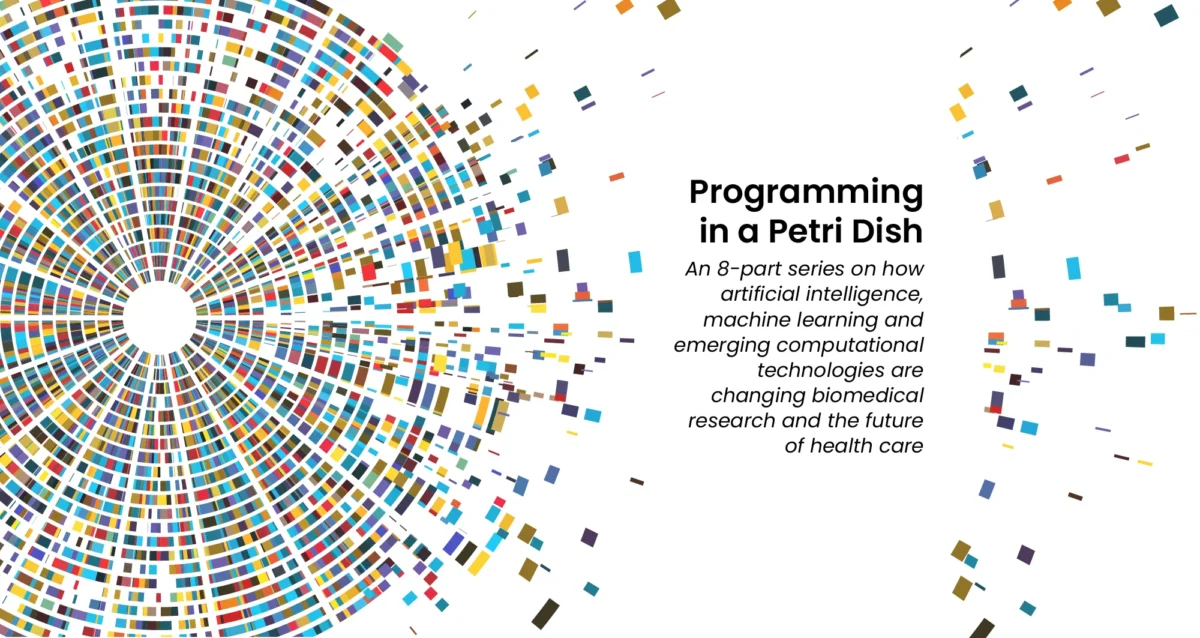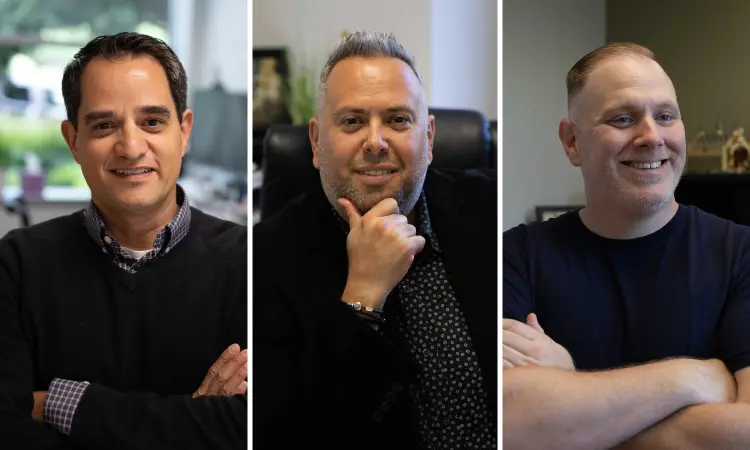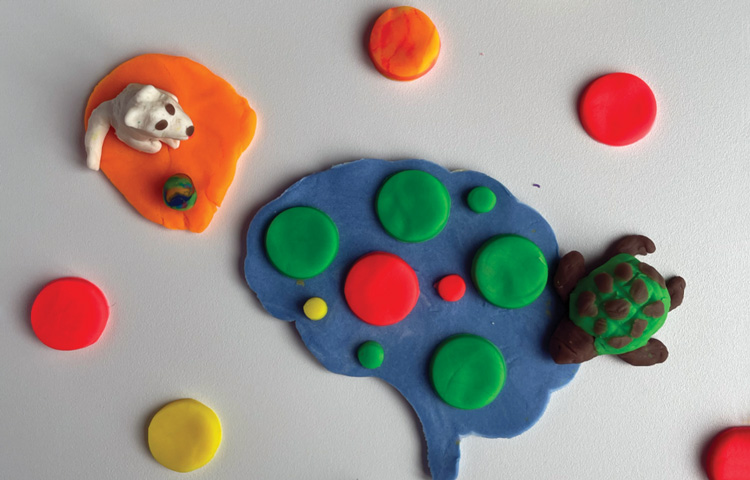Dr. Xiao Tian participates in the Degenerative Diseases Program and the Cancer Genome and Epigenetics Program at Sanford Burnham Prebys. He started his lab in 2024 to understand the fundamental biology of aging and its contribution to age-related diseases. He joined the Institute after his postdoctoral research in Dr. David Sinclair’s lab at Harvard Medical School where he co-wrote the Information Theory of Aging. He obtained his BS from Shandong University and his PhD from the University of Rochester where he worked with Dr. Vera Gorbunova.
Education
2018-2023: Postdoc, Harvard Medical School
2016-2018: Postdoc, University of Rochester
2010-2016: PhD, Biology of Aging, University of Rochester
2005-2009: BS, Microbial Technology, Shandong University
Honors and Awards
2020-2026: K99/R00 Pathway to Independence Awards, NIH/NIA
2019-2020: NASA Postdoctoral Fellowship, NASA Ames Research Center
2017: Outstanding Dissertation Award for the Natural Sciences, University of Rochester
2015: Messersmith Dissertation Fellowship, University of Rochester
2014: Award for Outstanding Self-Financed Students Abroad, China Scholarship Council
2010-2014: Holtfreter Fellowship, University of Rochester
2007: Weichai Power Scholarship, Shandong University
2006-2008: Excellent Student Scholarship, Shandong University
Related Disease
Aging-Related Diseases, Alzheimer’s Disease, Cancer
Phenomena or Processes
Aging, Epigenetics, Genomic Instability, Neurodegeneration
Research Models
Computational Modeling, Mouse, Naked Mole Rat, Primary Human Cells
Techniques and Technologies
Bioinformatics, Epigenomics, Gene Expression, Gene Knockout (Complete and Conditional), High-Throughput/Robotic Screening, Mouse Behavioral Analysis
The Tian lab studies the fundamental mechanisms of aging and their roles in the onset of age-related diseases. Our recent research in epigenetic reprogramming and aging clocks indicates that the progressive loss of epigenetic information over time is a key driver of aging. The current research of the lab focuses on understanding how the epigenetic landscape is set up and maintained and investigating why the maintenance system fails which leads to aging and related diseases including cancer and neurodegeneration. Building on this, our ultimate goal is to develop safe and effective rejuvenation strategies to counteract aging.
Xiao Tian’s Research Report
Below are my major contributions to the field of aging research during my PhD and postdoc work:
Uncovering the first anti-cancer and longevity mechanism of the naked mole rat
We identified high-molecular-mass hyaluronan (HMM HA) as a critical mechanism for the cancer resistance of the naked mole-rat cells. Furthermore, we found that this anti-cancer and longevity mechanism from naked mole rats can be integrated into other species, highlighting the significant implications of identifying new mechanisms from long-lived species. Our goal is to decipher how long-lived organisms control the pace of aging and deter age-related diseases.
Discovering enhanced DNA double-strand break (DSB) repair in long-lived species
Using a group of 18 species, we revealed that long-lived species possess efficient DNA double-strand break repair, mediated by potent SIRT6 activities. Future directions include deciphering how long-lived species address different types of cellular stress to maintain genomic and epigenomic stability.
Epigenetic reprogramming as a strategy to counteract aging and age-related diseases
We illustrated that epigenetic information loss as a result of DNA damage repair is a key driver of aging. One interventional strategy is to recover the lost epigenetic information, such as through reprogramming. We revealed that epigenetic reprogramming is an effective strategy to counteract aging and even potentially modify the trajectory of age-related diseases including glaucoma. We are currently testing other disease settings.
 Oct 24, 2024
Oct 24, 2024A Conversation About Aging and Cancer at Sanford Burnham Prebys
Oct 24, 2024The Institute recently welcomed members of the community for an engaging afternoon focused on the intersection of aging and cancer….
 Feb 29, 2024
Feb 29, 2024Time to talk about aging research
Feb 29, 2024Hundreds of scientists gather in San Diego and virtually to share knowledge on the science of aging
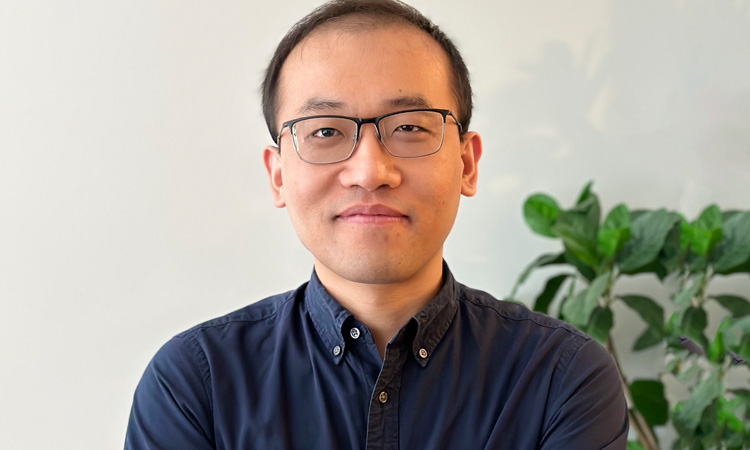 Feb 13, 2024
Feb 13, 2024With the help of naked mole rats, Xiao Tian seeks to expose and explain the epigenetic drivers of aging
Feb 13, 2024Getting older is inevitable, but aging may be optional, or at least a treatable condition. Increasingly, researchers are parsing the…
 Nov 2, 2023
Nov 2, 2023La Jolla’s Sanford Burnham Prebys adding six scientists in hopes of launching new era of collaboration
Nov 2, 2023The newcomers, brought in with help from a $70 million donation, are versed in different technologies that can be applied…
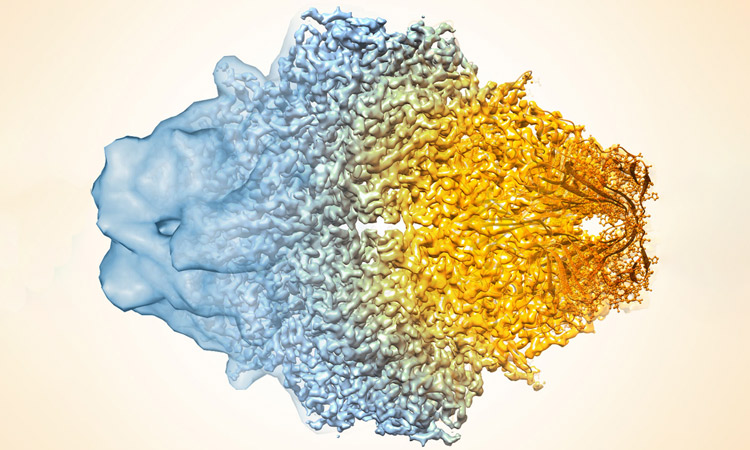 Aug 2, 2023
Aug 2, 2023Big Data. Bigger Opportunities.
Aug 2, 2023New and rapidly developing technologies, such as cryo-electron (cryo-EM) and artificial intelligence, are providing the tools to revolutionize biomedical research,…
Select Publications
Showing 3 of 3Reprogramming to recover youthful epigenetic information and restore vision.
Lu Y, Brommer B, Tian X, Krishnan A, Meer M, Wang C, Vera DL, Zeng Q, Yu D, Bonkowski MS, Yang JH, Zhou S, Hoffmann EM, Karg MM, Schultz MB, Kane AE, Davidsohn N, Korobkina E, Chwalek K, Rajman LA, Church GM, Hochedlinger K, Gladyshev VN, Horvath S, Levine ME, Gregory-Ksander MS, Ksander BR, He Z, Sinclair DA
Nature 2020 Dec ;588(7836):124-129SIRT6 Is Responsible for More Efficient DNA Double-Strand Break Repair in Long-Lived Species.
Tian X, Firsanov D, Zhang Z, Cheng Y, Luo L, Tombline G, Tan R, Simon M, Henderson S, Steffan J, Goldfarb A, Tam J, Zheng K, Cornwell A, Johnson A, Yang JN, Mao Z, Manta B, Dang W, Zhang Z, Vijg J, Wolfe A, Moody K, Kennedy BK, Bohmann D, Gladyshev VN, Seluanov A, Gorbunova V
Cell 2019 Apr 18 ;177(3):622-638.e22High-molecular-mass hyaluronan mediates the cancer resistance of the naked mole rat.
Tian X, Azpurua J, Hine C, Vaidya A, Myakishev-Rempel M, Ablaeva J, Mao Z, Nevo E, Gorbunova V, Seluanov A
Nature 2013 Jul 18 ;499(7458):346-9